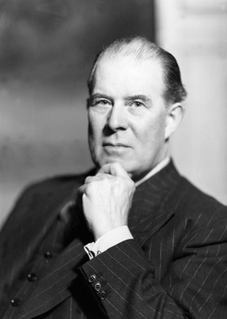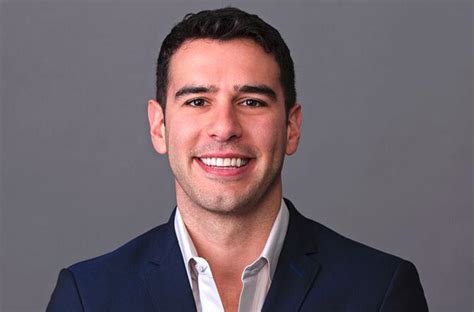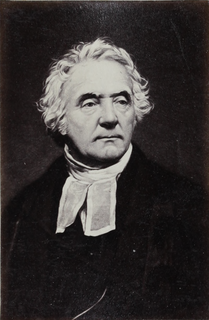A Quote by Paul Tillich
We are known in a depth of darkness through which we ourselves do not even dare to look. And at the same time, we are seen in a height of a fullness which surpasses our highest vision.
Related Quotes
The Greeks put us to shame not only by their simplicity, which is foreign to our age; they are at the same time our rivals, nay, frequently our models, in those very points of superiority from which we seek comfort when regretting the unnatural character of our manners. We see that remarkable people uniting at once fullness of form and fullness of substance, both philosophising and creating, both tender and energetic, uniting a youthful fancy to the virility of reason in a glorious humanity.
The choice to follow love through to its completion is the choice to seek completion within ourselves. The point at which we shut down on others is the point at which we shut down on life. We heal as we heal others, and we heal others by extending our perceptions past their weaknesses. Until we have seen someone’s darkness, we don’t really know who that person is. Until we have forgiven someone’s darkness, we don’t really know what love is. Forgiving others is the only way to forgive ourselves, and forgiveness is our greatest need.
When we think of the height of God's infinity we should not despair of His compassion reaching us from such a height; and when we recall the infinite depth of our fall through sin we should not refuse to believe that the virtue which has been killed in us will rise again. For God can accomplish both these things: He can come down and illumine our intellect with spiritual knowledge, and He can raise up the virtue within us and exalt it with Himself through works of righteousness.
There are some places which, seen for the first time, yet seem to strike a chord of recollection. "I have been here before," we think to ourselves, "and this is one of my true homes." It is no mystery for those philosophers who hold that all which we shall see, with all which we have seen and are seeing, exists already in an eternal now; that all those places are home to us which in the pattern of our life are twisting, in past, present and future, tendrils of remembrance round our heart-strings.
As historians, we refuse to allow ourselves these vain speculations which turn on possibilities that, in order to be reduced to actuality, suppose an overturning of the Universe, in which our globe, like a speck of abandoned matter, escapes our vision and is no longer an object worthy of our regard. In order to fix our vision, it is necessary to take it such as it is, to observe well all parts of it, and by indications infer from the present to the past.
Many of us spend our entire lives in the same bubble - we surround ourselves with people who share our opinions, speak the way we speak, and look the way we look. We fear leaving those familiar surroundings, which is natural, but through exploration of the unfamiliar we stop focusing on the labels that define WHAT we are and discover WHO we are.
In the wildest anarchy of man's insurgent appetites and sins there is still a reclaiming voice,--a voice which, even when in practice disregarded, it is impossible not to own; and to which, at the very moment that we refuse our obedience, we find that we cannot refuse the homage of what ourselves do feel and acknowledge to be the best, the highest principles of our nature.
We fear our highest possibilities. We are generally afraid to become that which we can glimpse in our most perfect moments, under conditions of great courage. We enjoy and even thrill to godlike possibilities we see in ourselves in such peak moments. And yet we simultaneously shiver with weakness, awe, and fear before these very same possibilities.







































